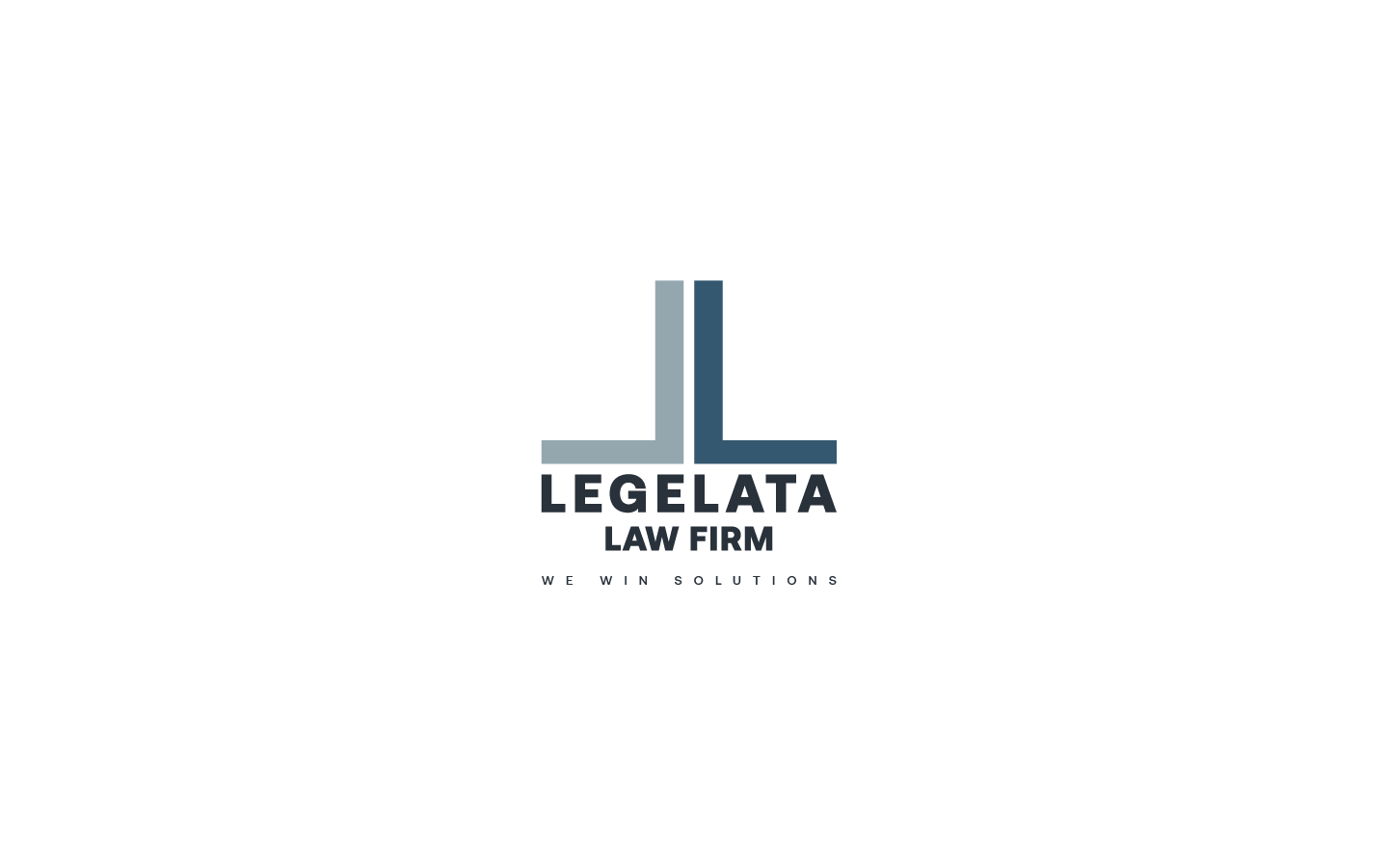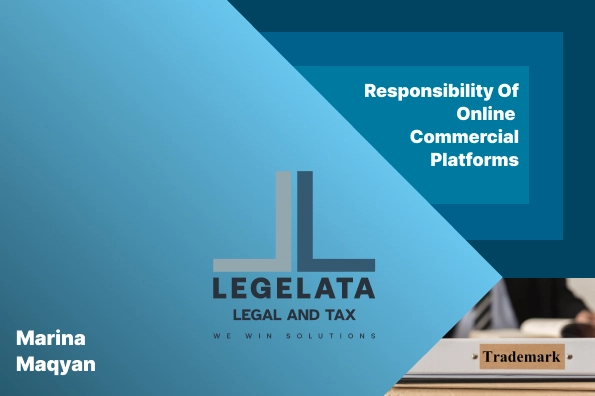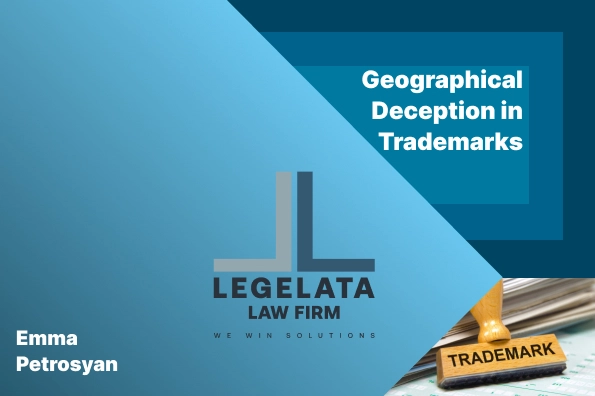Introduction:
In an era dominated by digital platforms wielding immense market power, the State authorities were long in the search for robust regulatory measures to safeguard competition and innovation. The European Union's Digital Markets Act (DMA) stands as a pioneering legislative effort aimed at reining in the dominance of digital gatekeepers and fostering a fairer, more competitive digital ecosystem.
The Nexus between the Digital Markets Act and Competition Law:
1.1. Reinforcing Antitrust Principles:
The DMA elaborates upon established competition law principles, particularly those pertaining to abuse of dominance and anticompetitive practices. 1 It seeks to address the dominance of large digital platforms which are referred to as “gatekeepers”, and their impact on competition, innovation, and consumers. This act complements existing competition law frameworks, such as the EU’s Antitrust Regulation 2 and the Treaty on the Functioning of the European Union. By targeting Gatekeeper platforms and curbing their ability to engage in unfair practices, the DMA reinforces the objectives of competition law to promote market competition, consumer welfare, and innovation. For that purpose, in particular the DMA introduced the notion of Gatekeepers which are online platforms that compliment to specific criteria, including market size, user base, and control over essential
services.
The DMA prescribes the notion of core platform services. In particular it includes online intermediation services, online search engines, online social networking services, video-sharing platform services, number-independent interpersonal communications services, operating systems, web browsers, virtual assistants, cloud computing services, online advertising services (including any online advertising services, including any advertising networks, advertising exchanges and any other advertising intermediation services, provided by an undertaking that provides any of the core platform
services mentioned previously).
The undertakings meeting designated thresholds are obliged to notify the Commission within 2months period since the date of meeting the criteria (criteria includes Union turnover, monthly and yearly active user numbers). The DMA also provides a list of obligations prescribed for the Gatekeepers which are aimed at ensuring fair competition, including:
- Prohibition of unfair practices, such as self-preferencing and leveraging market power.
- Access and interoperability requirements to facilitate competition and innovation.
- Transparency obligations regarding algorithms, data usage, and ranking criteria.
As one may notice the obligations provided for the Gatekeepers is similar to those applicable to the undertakings possessing dominant or monopolistic position according to the competition law and related provisions. With regard to similarities with Armenian legislation DMA has also common requirements inter alia with the Strong Bargaining Power regulations.
1.2. Addressing Systemic Market Failures:
Unlike traditional antitrust enforcement, which focuses on individual cases of anticompetitive conduct, the DMA takes a proactive approach to address systemic market failures resulting from the concentration of power among digital gatekeepers. The DMA seeks to prevent the emergence of entrenched monopolies or oligopolies in the digital sphere, thereby promoting a dynamic and competitive digital market environment.
1.3. Prohibition of Anticompetitive Practices:
DMA prohibits a range of practices deemed harmful to competition, including self-preferencing, unfair access restrictions, and leveraging market power to foreclose competition. Thus, the Gatekeepers may no longer treat third party services/products less favourably in ranking than its own similar services on the Gatekeeper’s platform. The Gatekeeper may no longer (if previously done) prevent consumers from linking up to businesses outside their platforms or prevent users from un-installing any pre-installed software or app it wishes so, track end users outside of the gatekeepers’ core platform service for the purpose of targeted advertising, without effective consent having granted. Moreover, for the above-mentioned purpose, the gatekeeper shall publish general conditions of access, including the alternative dispute settlement mechanism.
DMA provisions and RA regulations on Strong Bargaining Power.
Similarities between DMA regulation and Strong Bargaining Power (Strong Negotiating Position)
RA competition legislation provides the criteria for the application of the notion of strong negotiating(bargaining) position to an undertaking. The notion includes such criteria as possessing significant influence or infrastructure, impossibility to or economically unjustified possibility to reach to the consumer alternatively, annual sales revenue threshold, trade facility amount (trade network) under the common management, same trademark and etc. From this perspective, similar to the Gatekeeper’s notion, Strong Negotiating Position closely relates to the dominant position. Abuse of such position is prohibited and is defined as an action or conduct of an undertaking which is not justified by an economic conditions or factors and harms or may harm the interests of a party with a weak position in the negotiations. Moreover, the RA law on trade and services by recent amendments has introduced certain mandatory criteria which shall be complied with by the undertakings possessing a strong negotiating position in the relevant market.
Those conditions are:
- Possessing an official website
- Publishing minimum requirements and principles of product selection of a potential supplier
- list of goods to be sold by the trade network.
- the requirements for the product demonstration in the trade network
- the grounds for termination of the supply relationship
The RA legislator went further and defined the essential provisions of supply agreements up until the payment terms. From this perspective the notion of the Strong Negotiating Position may be used for further development of the legislation in the field of digital markets and digital services. However, at the moment Armenian Competition authority is use mostly “traditional” or “mixed” approach also for the definition of innovative, multisided and algorithmically driven markets.
Conclusion
The Digital Markets Act heralds a new era of regulatory scrutiny in the digital economy, with profound implications for competition law enforcement and market dynamics. By targeting the gatekeeper power of digital platforms and curbing anticompetitive practices, the DMA reinforces the foundational principles of competition law while adapting to the unique challenges posed by digital markets. While compliance with the DMA presents challenges for businesses, it also offers opportunities to foster a more competitive, innovative, and consumer-friendly digital ecosystem in the European Union similar to the regulations of the Strong Negotiating Position in Armenian legislation however in different sphere. As regulatory enforcement unfolds, businesses must remain vigilant, adaptive, and proactive in navigating the evolving landscape of both digital and competition law.
Author:
Arthur Buduryan
Partner, Legelata Law Firm
DISCLAIMER:
This material is produced for Legelata LLC. The information contained in this piece is provided for general informational purposes only and does not contain a comprehensive analysis of each item described. Prior to undertaking (or not to undertaking) any actions, the reader is advised to seek professional advice tailored to their specific situation. Legelata or the author accepts and holds no liability for acts or omissions taken in reliance upon the contents of the contained information in this material.
LEGELATA LLC 03/06/2024












